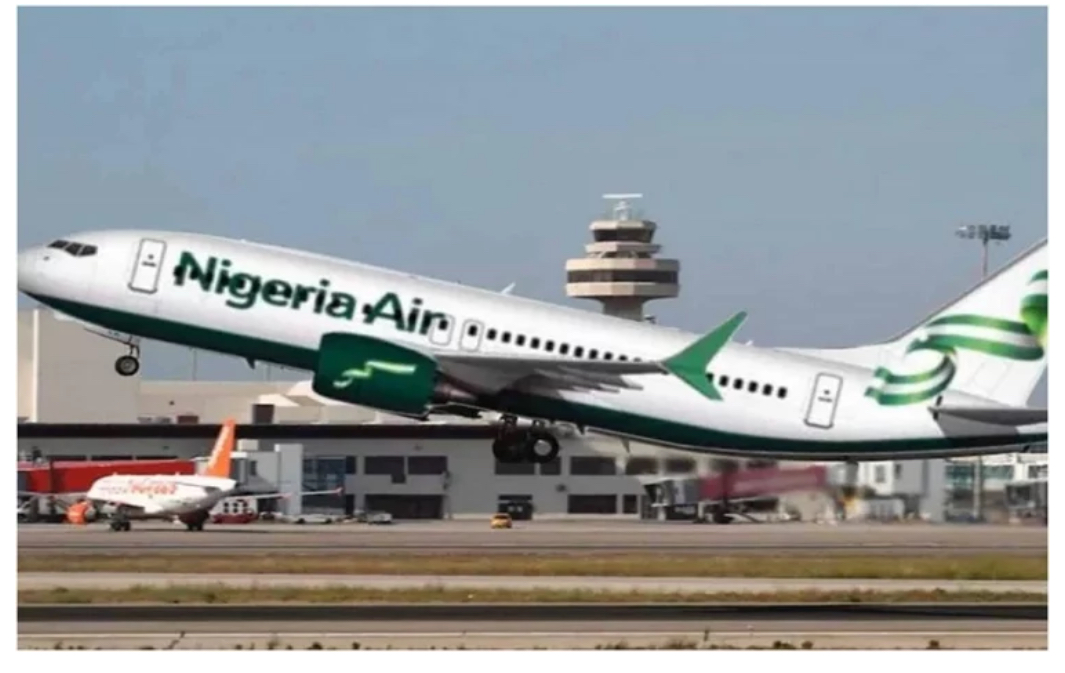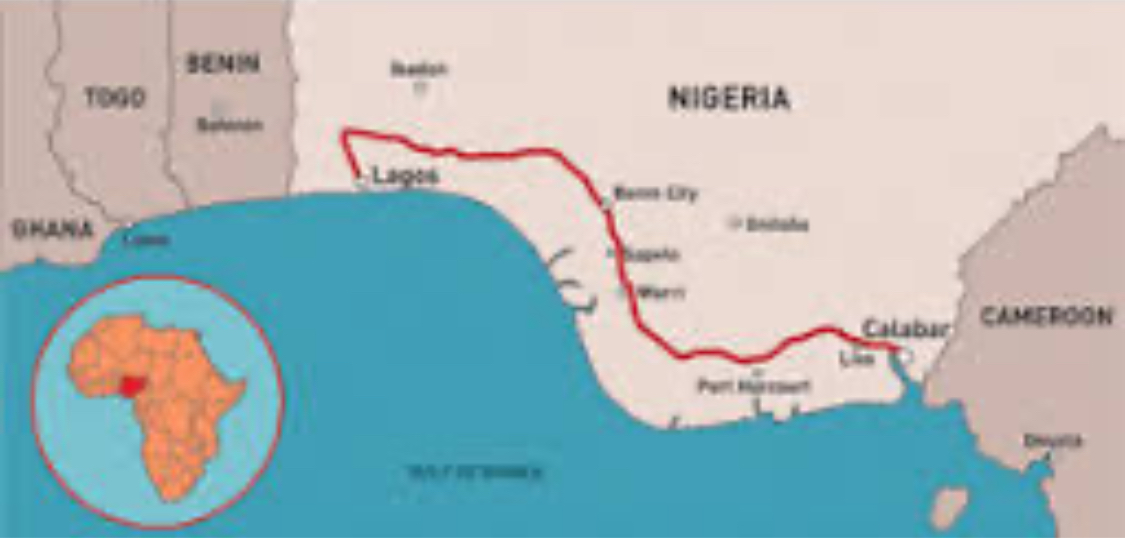Introduction
Establishing a national airline for Nigeria holds significant potential to enhance its economy, boost its tourism industry, and foster national pride. Many countries worldwide have benefited immensely from their national carriers, which have become symbols of national identity and engines of economic growth. It is time for Nigeria to take this bold step to make the nation great again.
Economic Benefits
1. Job Creation: A national airline can generate thousands of direct and indirect jobs for Nigerians. The airline industry offers diverse employment opportunities, from pilots and cabin crew to ground staff and maintenance personnel.
2. Boosting Related Industries: The aviation sector stimulates growth in related industries such as hospitality, catering, tourism, and logistics. This multiplier effect can lead to broader economic development.
3. Attracting Foreign Investment: A reliable national airline can attract foreign businesses and investors by improving connectivity and ease of travel. It signals to the world that Nigeria is open for business and committed to providing world-class infrastructure.
Enhancing Tourism
1. Promoting Nigeria’s Attractions: A national airline can play a crucial role in marketing Nigeria’s rich cultural heritage, natural beauty, and tourist attractions. Through strategic partnerships and promotional campaigns, the airline can attract tourists from around the globe.
2. Improving Accessibility: Direct flights to and from major international destinations can make travel to Nigeria more convenient and appealing. Improved accessibility can increase the number of visitors and boost tourism revenue.
3. Facilitating Domestic Tourism: A national airline can also improve domestic connectivity, making it easier for Nigerians to explore their own country. This can distribute tourism benefits more evenly across different regions.
Case Studies of Successful National Airlines
1. Ethiopian Airlines: Ethiopia’s national carrier is a prime example of how a well-managed airline can drive economic growth. Ethiopian Airlines has become Africa’s largest and most profitable airline, contributing significantly to the country’s GDP. It has helped position Addis Ababa as a central aviation hub, attracting business and tourism.
2. Emirates Airlines: Emirates Airlines’ success has been instrumental in transforming Dubai into a global tourism and business destination. The airline’s extensive network and high-quality service have played a key role in Dubai’s economic diversification and growth.
3. Singapore Airlines: Singapore Airlines is renowned for its exceptional service and operational efficiency. It has helped establish Singapore as a major aviation and tourism hub, contributing to the city-state’s economic prosperity. Strategic government policies and investments in infrastructure have supported the airline’s success.
National Pride and Global Presence
1. Symbol of National Identity: A national airline can symbolise Nigeria’s aspirations and achievements. It can foster a sense of pride and unity among Nigerians at home and abroad.
2. Global Representation: A national airline flying the Nigerian flag around the world enhances the country’s international presence and prestige. It demonstrates Nigeria’s commitment to connecting with the global community.
Steps to Establish a National Airline
1. Strategic Planning: The government must develop a comprehensive business plan that outlines the airline’s mission, vision, and operational strategy. This plan should include market analysis, financial projections, and risk assessments.
2. Public-Private Partnership: To ensure the airline’s success, the government should consider partnerships with private investors and industry experts. This approach can bring in the necessary capital, expertise, and operational efficiency.
3. Regulatory Support: Establishing a robust regulatory framework is essential to ensure safety, reliability, and competitiveness. The government must provide the necessary support and oversight to facilitate the airline’s operations.
4. Infrastructure Investment: Investing in aviation infrastructure, such as modern airports, maintenance facilities, and training centres, is crucial for the airline’s long-term success. This infrastructure will support the national airline and the broader aviation industry in Nigeria.
Conclusion
The establishment of a national airline for Nigeria offers numerous benefits, from economic growth and job creation to enhanced tourism and national pride. By learning from the successes of other countries and adopting best practices, Nigeria can build a world-class airline that connects the nation with the world and showcases its potential. It is time for the government to take decisive action to make this vision a reality and contribute to making Nigeria great again.




Leave a Reply